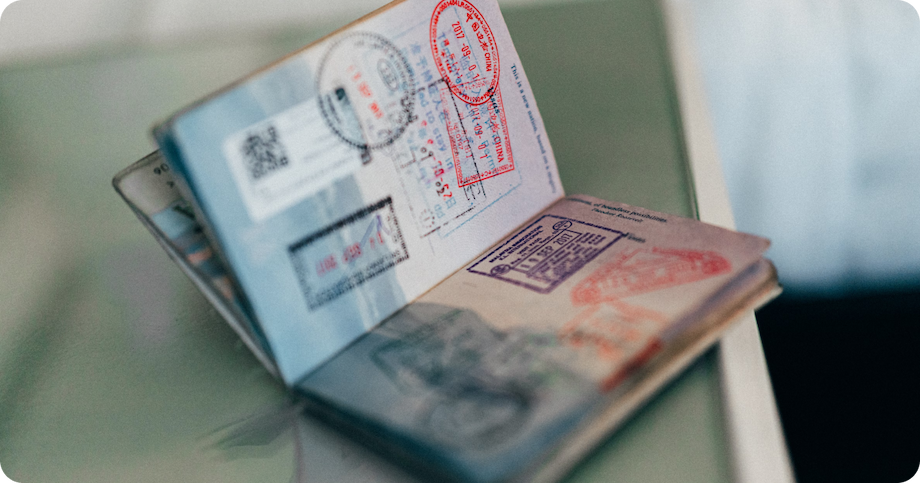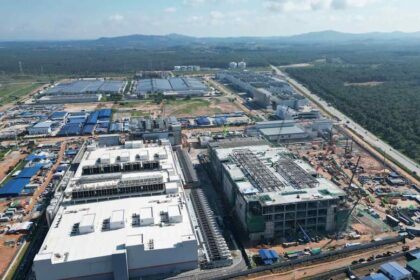Why Japan is adding a language rule for entrepreneurs
Japan will add a Japanese language proficiency condition to its business manager visa, the main route for foreign entrepreneurs who want to start or run a company in the country. The Immigration Services Agency intends to require either the applicant or at least one full time employee to demonstrate a considerable level of Japanese, set at roughly B2 on the six level international proficiency scale. The new language bar comes alongside an overhaul of financial and employment criteria, raising the minimum capital to 30 million yen and requiring at least one full time employee. Authorities target an October start for the tightened rules after a public consultation that began on August 26 (2025).
Officials say the goal is practical. Stronger language skills should help business owners communicate with employees, customers, suppliers, landlords, banks and local government, which can reduce everyday friction and align corporate conduct with community expectations. The business manager visa, which allows stays of up to five years with renewals and permits family members to accompany the holder, had 41,600 holders at the end of last year. Critics in government and industry have argued that the category became too easy to misuse compared with peer countries. The new language requirement is meant to raise standards without closing the door to serious founders.
What exactly will change
The package contains three major elements, on top of the existing requirement to secure a business office in Japan. Language proficiency will be formalized, the minimum investment will jump to 30 million yen, and staffing rules will be adjusted so that at least one full time worker must be employed in Japan. The intention is to ensure that holders operate real companies with on the ground activity, not paper entities created only to meet visa criteria.
Language proficiency at B2, and who can satisfy it
The agency plans to accept proof that either the applicant or one full time employee can function at approximately B2 on the Common European Framework of Reference for Languages (CEFR). At B2, a speaker can manage meetings and negotiations, understand the main ideas of complex text, and handle everyday workplace communication with limited support. In practical terms, that means reading and writing common business documents, answering phone calls, visiting public offices, and discussing problems with suppliers or staff.
The rule does not require the founder to speak Japanese if the company employs someone who does. A Japanese national in a full time role would ordinarily satisfy the requirement, and a non Japanese employee could also meet it if they can document B2 level ability. Authorities will publish acceptable proof methods, such as standardized test results or certificates issued by recognized institutions. There is no official one to one map between CEFR and the Japanese Language Proficiency Test levels, but many employers consider JLPT N2 roughly comparable to an upper intermediate standard.
Higher capital and staffing thresholds
The minimum capital or investment will rise sixfold to 30 million yen, which is a little over 200,000 dollars at current exchange rates. Applicants will also need at least one full time employee on payroll in Japan. Under the current rules, an applicant could qualify with either a five million yen investment or by hiring two full time employees. Regulators say the higher bar is intended to screen out low commitment cases and favor applicants who are building businesses that contribute to local employment and tax bases. Along with the financial and language changes, applicants should expect more detailed documentation of business activity, such as contracts, payroll records, and evidence of an actual office.
Timeline, decision process, and what is still unclear
The justice ministry published a draft ministerial ordinance for public comment on August 26 (2025). The consultation runs until late September, after which the ordinance can be finalized. Implementation could begin as early as mid October. Changes of this type are made by amending the ordinance that governs status of residence criteria, so a separate act of parliament is not required.
The government has not publicly detailed every transitional scenario. New applications filed after the effective date will be tested against the new criteria. For renewals, immigration officers typically check continued business activity, compliance with labor and tax laws, and whether prior promises were met. Whether legacy thresholds will apply at renewal for existing holders is not specified in the available materials. Applicants preparing a renewal should plan for closer scrutiny of genuine business operations and staffing.
How the startup visa and other pathways fit in
Japan provides an alternative route for early stage founders through the startup visa program under the designated activities category. The program lets an entrepreneur live in Japan for a limited period while preparing to meet the business manager standards, with municipal governments offering mentoring and administrative help. Applicants submit a business plan to an approved city or prefecture, undergo an assessment by the municipality and the Immigration Services Agency, then receive a stay that allows them to set up the foundation for their company before applying for a business manager visa. Details are published by the Ministry of Economy, Trade and Industry on its startup visa page. A current list of participating municipalities and contact points is available via METI at this official page.
To give founders more runway, authorities expanded the startup visa framework in 2025. The period of stay that was traditionally six months has been extended to two years, and availability is being rolled out nationwide. The program still requires a credible business plan and municipal endorsement, but it reduces immediate barriers such as office leases or large upfront capital. Many founders use it as a staging ground before graduating to the business manager category. Policymakers have also signaled that they want to keep doors open for high potential innovators even while raising standards for the business manager visa.
Why authorities are tightening now
Officials have cited both policy and law enforcement concerns. Investigations in recent years uncovered schemes in which brokers created dummy companies, forged documents, and filed sham applications. In one case, authorities allege that hundreds of front companies were set up to help people obtain residence status without running real businesses. The higher capital threshold and clearer evidence requirements are meant to make such schemes harder to execute.
There is also a political backdrop. Support for parties that campaign on stricter immigration has increased, and the ruling coalition lost its upper house majority in July. Senior officials have promised better oversight of residence categories that are prone to misuse. The justice minister also commissioned a review of policies for foreign residents. The language rule is framed as a practical step to improve integration, reduce complaints from local communities and landlords, and help foreign owners interact with city halls, tax offices, and banks without excessive reliance on costly intermediaries.
Who is likely to feel the impact
The changes will reshape the applicant pool. Founders with strong funding and plans to hire local staff are more likely to meet the bar. Small operators who tried to qualify with minimal capital and no on site presence will find the path narrower. Service businesses reliant on short stay rentals and low overhead models, which featured in past misuse cases, will be harder to justify under the new rules.
Nationality patterns may shift, too. About half of current business manager holders are from China, according to recent immigration data, with many others from South and Southeast Asia. The higher capital requirement may reduce volume from regions where small family businesses were common. At the same time, companies in technology, manufacturing support, healthcare services, and cross border wholesale that can deploy 30 million yen and maintain staff may find the environment clearer, since compliance expectations are more explicit.
For genuine founders who lack Japanese language skills, the flexibility to meet the rule through a qualified employee is a practical relief. Hiring a bilingual manager or operations lead can satisfy the requirement and improve day to day execution. The language rule may also help with risk management, since bilingual staff can handle safety briefings, labor consultations, and emergency communication more effectively.
How to prepare a compliant application
Applicants who plan to file after the new ordinance takes effect should build timelines and budgets that reflect the higher bar. The following steps can reduce risk and save time during review.
- Secure a real office suited to the business model, with a lease in the company name and photos, floor plan, and utility contracts ready for submission.
- Document capital sources and transfers, including bank statements, shareholder resolutions, and proof of remittance for the 30 million yen threshold.
- Hire or identify at least one full time employee whose contract, social insurance enrollment, and payroll records can be shown. If using the language option, ensure that employee can prove B2 level ability through accepted tests or certificates.
- Prepare a detailed business plan that explains revenue drivers, staffing, and initial clients. Include contracts, letters of intent, or purchase orders where available.
- Keep clean books from day one. File taxes on time, enroll in labor and social insurance, and maintain compliant employment practices.
- Map out regulatory approvals that apply to your sector, such as food service permits or travel agency licenses, and show progress toward obtaining them.
- Use the startup visa route if you need a preparation period. Municipal support can help with introductions to banks, landlords, and advisors.
- Avoid proxy schemes. Do not rely on brokers offering package companies or guaranteed approvals. Officials have increased checks for dummy activity and forged records.
Key Points
- Japan will add a Japanese language condition to the business manager visa, set around CEFR B2, and it can be met by the applicant or one full time employee.
- The minimum capital requirement will rise to 30 million yen and at least one full time worker must be employed in Japan.
- The justice ministry opened a public comment period on August 26 (2025) and aims to implement the new rules as early as mid October.
- Authorities say the changes target smoother communication with communities and a crackdown on misuse of the visa category.
- The business manager visa allows stays up to five years with renewals and family inclusion, with about 41,600 holders at the end of last year.
- Japan is expanding the startup visa program, giving founders up to two years to prepare under municipal supervision before moving to the business manager category.
- Higher thresholds are expected to filter out low commitment cases while favoring better funded companies with genuine on the ground operations.












